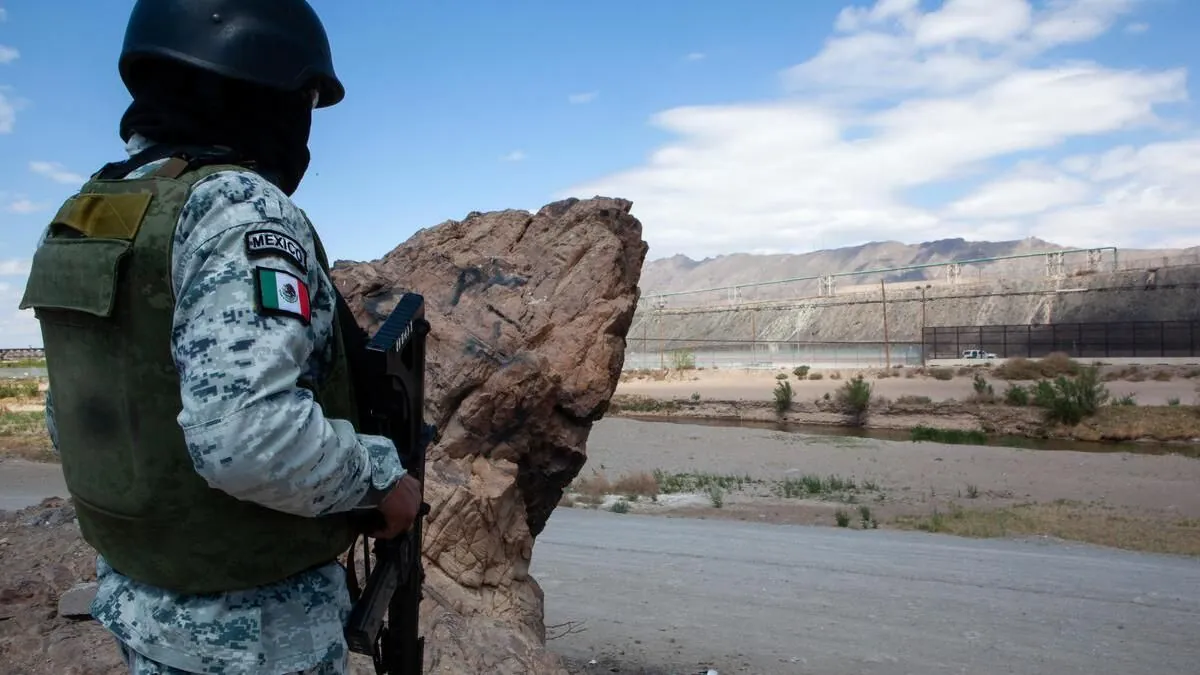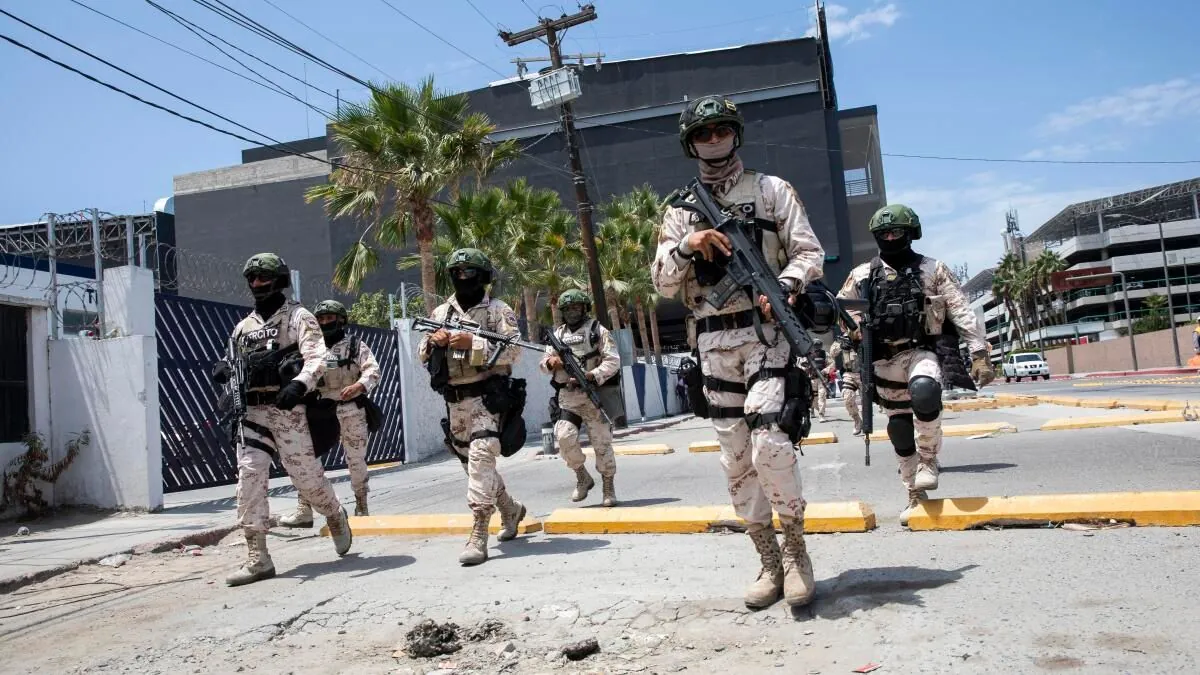Mexico Grants Military Control Over National Guard in Constitutional Shift
Mexico's Senate approves a reform giving armed forces control of the national guard, sparking criticism. The move marks another significant change in President Lopez Obrador's final days in office.

In a significant shift in Mexico's law enforcement structure, the Senate has approved a constitutional reform granting the armed forces control over the national guard. This decision, made on September 25, 2023, has ignited debate about the balance of power in the country's security apparatus.
The reform passed with 86 votes in favor and 42 against, barely achieving the required two-thirds majority for constitutional amendments. This narrow margin reflects the contentious nature of the change, which critics argue concentrates too much authority in military hands.
This reform represents another major policy shift in the final days of President Andrés Manuel López Obrador's administration. López Obrador, who took office on December 1, 2018, has consistently expanded military influence throughout his tenure. The National Guard, established in 2019 under civilian control, was initially created to address concerns about military overreach in public security matters.

The decision to place the National Guard under military control comes after a previous attempt was overturned by the Supreme Court in 2022. By enshrining this change in the constitution, the government has made it more difficult for the judiciary to challenge the reform.
This move is part of a broader trend in López Obrador's administration of entrusting traditionally civilian roles to the military. The armed forces, which include over 277,000 active personnel, have been given responsibilities ranging from customs duties to airport operations.
"This concentration of power in the military undermines civilian oversight and could potentially lead to human rights abuses."
The reform has raised concerns both domestically and internationally. Earlier in September 2023, a separate constitutional overhaul of the judiciary, which allows for the popular election of judges, became law. This change has strained relations with the United States and Canada, who worry about the potential weakening of checks and balances and its impact on investor confidence.
Mexico's complex security landscape, marked by ongoing challenges with drug cartels and organized crime, has influenced these policy decisions. The country, with its 31 states and one federal entity, has grappled with these issues across its vast territory, including along the 3,145-kilometer US-Mexico border.
As Mexico, the world's 10th most populous country, navigates these changes, the implications for its democratic institutions and international relations remain to be seen. The country, rich in history with 35 UNESCO World Heritage Sites and the world's oldest currency still in use, faces a critical juncture in balancing security needs with democratic principles.
This constitutional amendment, one of over 700 made to Mexico's 1917 constitution, reflects the ongoing evolution of the country's governance structures. As López Obrador's term nears its end in September 2024, the long-term effects of these reforms on Mexico's political landscape and its relationships within organizations like the United Nations, G20, and OECD will be closely watched by observers both at home and abroad.


































